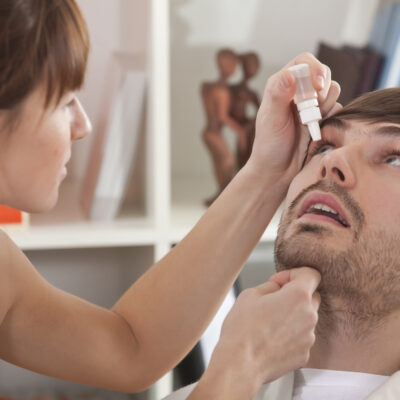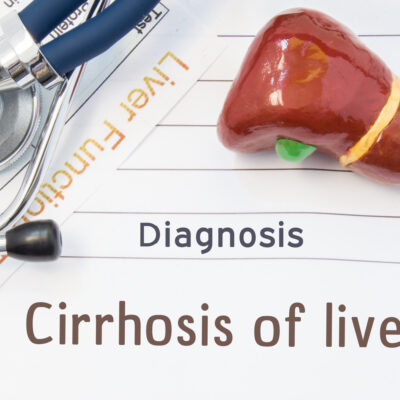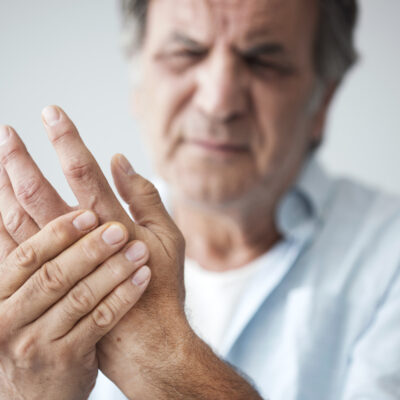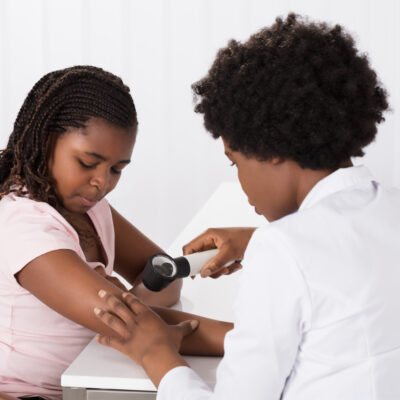
Lifestyle
Diagnosis and treatment of chicken pox
Chickenpox is caused by a virus called varicella virus and is extremely contagious. Chickenpox is diagnosed by the visible signs and symptoms it causes such as the development of rashes. If you notice any rashes that are red and scabby on your child, visit a doctor immediately. Doctors can help provide the necessary measures to manage the symptoms of chickenpox and avoid any further complications. New-borns, pregnant women, people with a weak immune system or other health conditions must seek a doctor’s advice immediately after they notice the first tell-tale signs of chicken pox. Treatment of chickenpox Chickenpox generally does not require any treatment. The infection fades off on its own in a couple of weeks. However, there are vaccines that can prevent the occurrence of chicken pox. There are several measures that can be taken to manage or alleviate the symptoms arising from chicken pox. Certain measures can also be taken to prevent the spreading of the infection to others. Tylenol can be used to help with temperature and pain. It is important to note that aspirin or aspirin-containing products must be avoided when one has chicken pox as it can lead to complications. Tylenol can also be used when pregnant women get chicken pox.
Read More 















